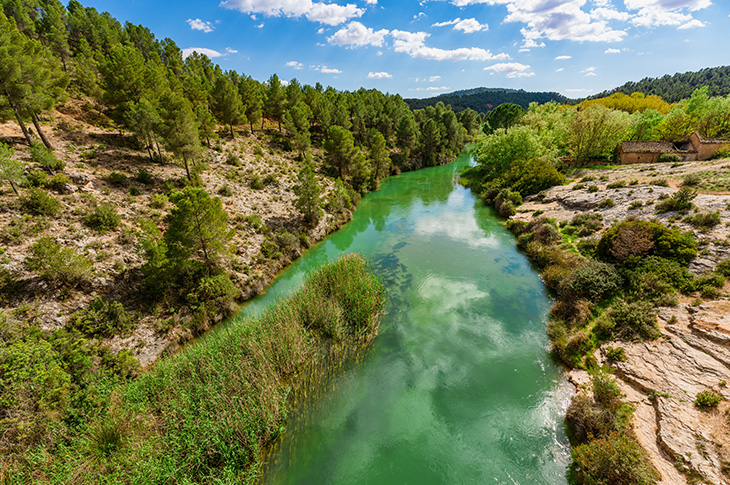Protected nature: the landscapes that make Spain a sanctuary for global biodiversity
With 55 Biosphere Reserves and a vast network of protected areas, Spain has consolidated its role in environmental conservation
Today, Spain has established itself as a European benchmark in nature conservation thanks to its network of UNESCO-recognized Biosphere Reserves. These areas encompass unique habitats, from mountain systems and dehesa pastures, to marine ecosystems and wetlands, promoting a sustainable-development model that integrates local communities into conservation, research, and responsible tourism projects. Biosphere Reserves reflect the extraordinary variety of landscapes within the territory. Sierra de Grazalema, Doñana, and Las Hoces del Cabriel are just a few examples of environments that protect unique species and allow researchers to study the effects of climate change. Meanwhile, the marine ecosystems of El Hierro and Lanzarote offer opportunities for oceanic research and biodiversity observation, integrating science with local development.

Historical commitment to sustainability Since the declaration of the first reserve in 1977, Spain has been striving to adapt its territorial-management policies, incorporating various environmental-restoration initiatives, endangered-species conservation, and pilot projects for sustainable agriculture and livestock. Beyond conservation, these reserves promote citizen participation and an appreciation of local traditions. In Somiedo, transhumance and the farming of native breeds have been integrated into environmental-management plans. In other areas such as the Intercontinental Biosphere Reserve of the Mediterranean, efforts are focused on protecting shared landscapes, thereby strengthening cultural and economic ties between neighboring regions. Biosphere Reserves have established themselves as destinations for tourists seeking authentic experiences, with hiking trails, wildlife observation, and educational activities. These initiatives breathe new life into the local economy and raise visitors' awareness about the importance of preserving ecosystems. As such, Spain offers a model in which nature can be enjoyed without compromising its future, positioning itself as an example of responsible tourism in Europe.

